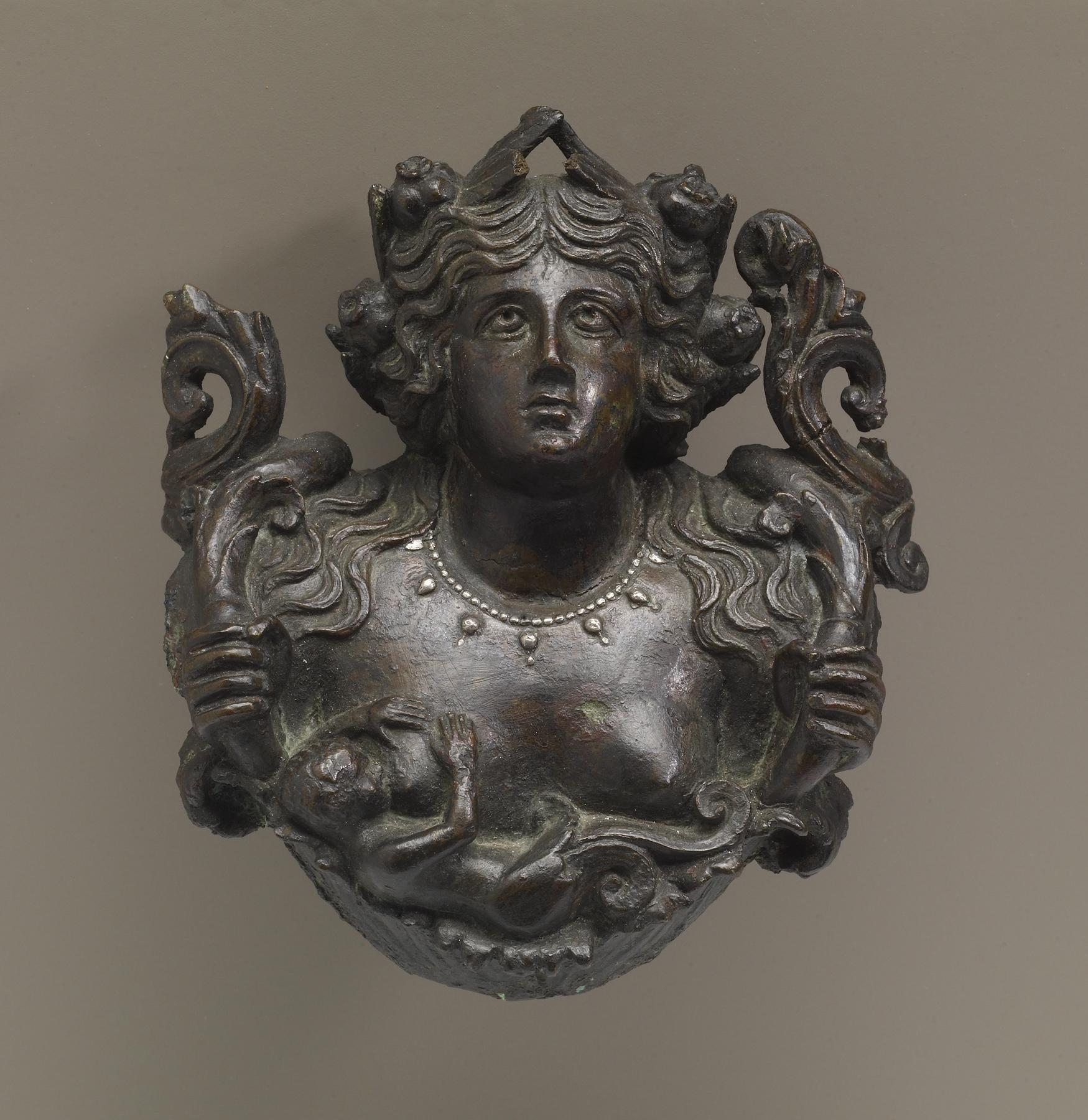In the vast realm of scientific inquiry, one name shines with a unique brilliance – James Lovelock. Known for his groundbreaking Gaia hypothesis, Lovelock’s work continues to spark curiosity and awe in both the scientific community and beyond. Today, we delve into the intriguing world of James Lovelock’s Gaia’s Revenge, exploring the intricate connection between Earth as a living organism and the concept of divine retribution. Join us on a journey of discovery as we unravel the mysteries that lie at the intersection of science and spirituality.
Table of Contents
- Exploring James Lovelock’s Gaia Hypothesis
- Unveiling the Relationship between Gaia and Climate Change
- Analyzing Lovelock’s Vision for a Sustainable Future
- Implementing Gaian Principles in Environmental Conservation
- Q&A
- To Wrap It Up

Exploring James Lovelock’s Gaia Hypothesis
James Lovelock’s Gaia hypothesis proposes a fascinating concept that views the Earth as a self-regulating entity, much like a living organism. This revolutionary idea challenges traditional scientific perspectives by suggesting that the Earth functions as a single, interconnected system capable of maintaining conditions suitable for life.
By exploring the Gaia hypothesis, we delve into a thought-provoking realm where the Earth’s atmosphere, oceans, and land are considered components of a dynamic and harmonious whole. This holistic approach emphasizes the intricate balance between all elements of the planet, highlighting the interdependence of living organisms and their environment.

Unveiling the Relationship between Gaia and Climate Change
Exploring the intricate dance between Gaia and climate change unveils a narrative woven with complexity and interdependence. From the delicate balance of ecosystems to the resilience of our planet in the face of human-induced stressors, the relationship between Gaia, our Earth, and the changing climate is a tale both ancient and contemporary.
Through the lens of **james lovelock gaias rache**, we glimpse a perspective that transcends traditional views of environmentalism, inviting us to see the Earth not as a passive backdrop but as a living, self-regulating entity. As we delve deeper into the interconnected web of feedback mechanisms and environmental feedback loops, we begin to grasp the profound implications of our actions on Gaia’s delicate equilibrium.
Analyzing Lovelock’s Vision for a Sustainable Future
James Lovelock’s concept of Gaia Theory presents a captivating perspective on the interconnectedness of Earth’s systems. By viewing the planet as a self-regulating organism, Lovelock challenges us to rethink our relationship with the environment. This holistic approach encourages a shift towards a more sustainable future where humans and nature coexist harmoniously.
In exploring Lovelock’s vision, it becomes evident that embracing sustainability is not merely an option but a necessity for the survival of our planet. His ideas urge us to prioritize environmental stewardship, fostering a sense of responsibility towards protecting the delicate balance of Gaia. By recognizing the intricate web of life on Earth, we are prompted to take proactive steps towards conservation and preservation. Embracing this mindset opens doors to innovative solutions that benefit both present and future generations.
Implementing Gaian Principles in Environmental Conservation
Gaian principles emphasize the interconnectedness of all living organisms and the Earth as a single, self-regulating system. By adopting Gaian principles in environmental conservation efforts, we can strive towards a harmonious relationship with the planet we call home.
<p>Implementing Gaian principles involves nurturing biodiversity, promoting sustainable practices, and respecting the delicate balance of ecosystems. Through mindful stewardship of the environment, we can work towards a future where nature thrives and humanity coexists with all forms of life in harmony.</p>Q&A
**Q&A: The Intriguing Concept of James Lovelock’s Gaia’s Revenge**
Q: What is Gaia’s Revenge according to James Lovelock?
A: Gaia’s Revenge, as proposed by James Lovelock, is a compelling but controversial theory that suggests the Earth, the living biosphere, has the capacity to self-regulate and even retaliate against human-induced environmental harm.
Q: How does Gaia’s Revenge tie into the Gaia hypothesis?
A: Gaia’s Revenge is a darker extension of the Gaia hypothesis, which posits that the Earth functions as a self-regulating organism. Lovelock’s Gaia’s Revenge warns of potential consequences when humans disrupt this delicate balance.
Q: Can you provide examples of Gaia’s Revenge in action?
A: While abstract in nature, Gaia’s Revenge can be seen in events like natural disasters, pandemics, or extreme weather patterns that some interpret as the Earth’s response to ecological imbalances caused by human activities.
Q: Is Gaia’s Revenge a widely accepted concept in the scientific community?
A: Gaia’s Revenge is a highly debated topic within the scientific community, with some viewing it as a metaphorical warning about the dangers of environmental degradation, while others criticize it for anthropomorphizing the Earth.
Q: How can individuals respond to the concept of Gaia’s Revenge?
A: Rather than fearing Gaia’s Revenge as a form of divine retribution, individuals can use this concept as a call to action to adopt more sustainable practices and respect the interconnectedness of all life on Earth, promoting harmony with the planet rather than provoking its wrath.
To Wrap It Up
As we delve into the fascinating realm of James Lovelock’s Gaia’s Rache, we uncover a world where science and nature intertwine in ways beyond imagination. The intricate dance of ecosystems and the delicate balance of our planet come to life through Lovelock’s visionary concepts. Let us continue to explore the wonders of Gaia’s Rache and embrace the profound wisdom it offers for our understanding of Earth as a living, breathing entity. Join us on this journey of discovery and reflection, as we strive to harmonize with the grand symphony of life that surrounds us. Thank you for accompanying us on this enlightening exploration of Gaia’s Rache. Let its teachings inspire us to cherish and protect our precious planet for generations to come.



0 Comments